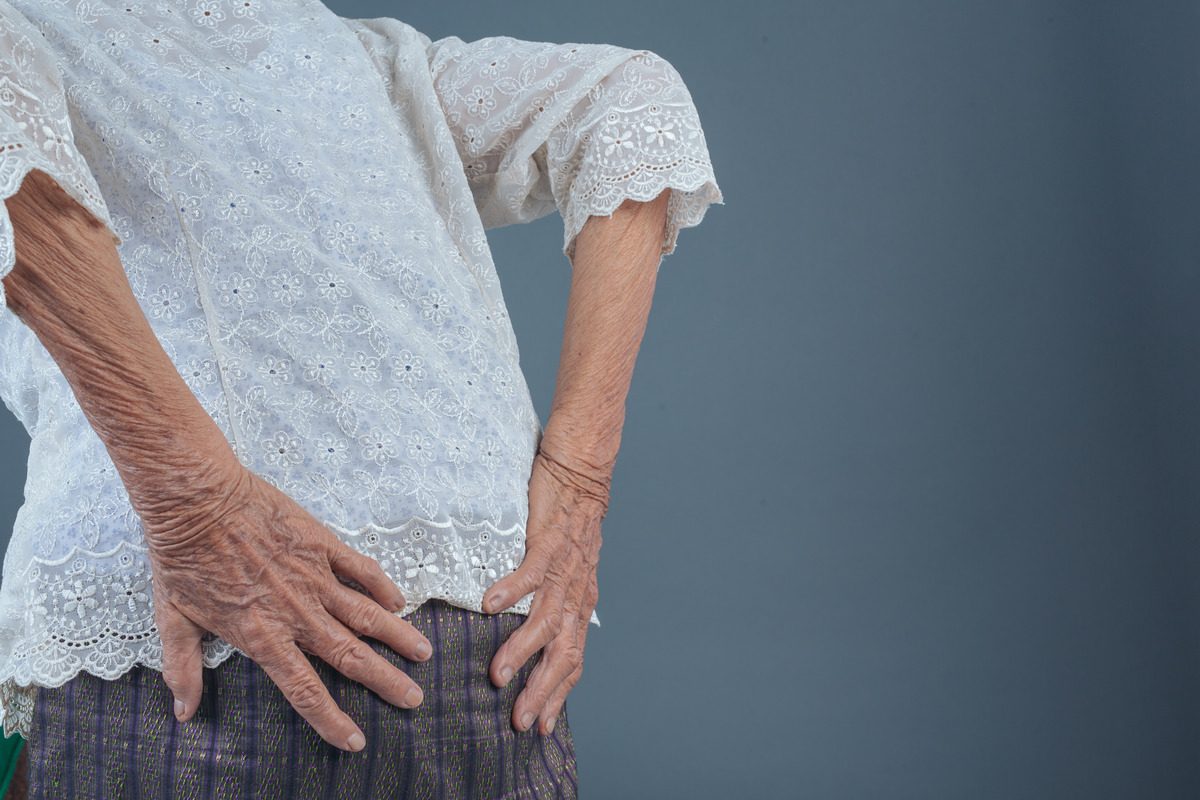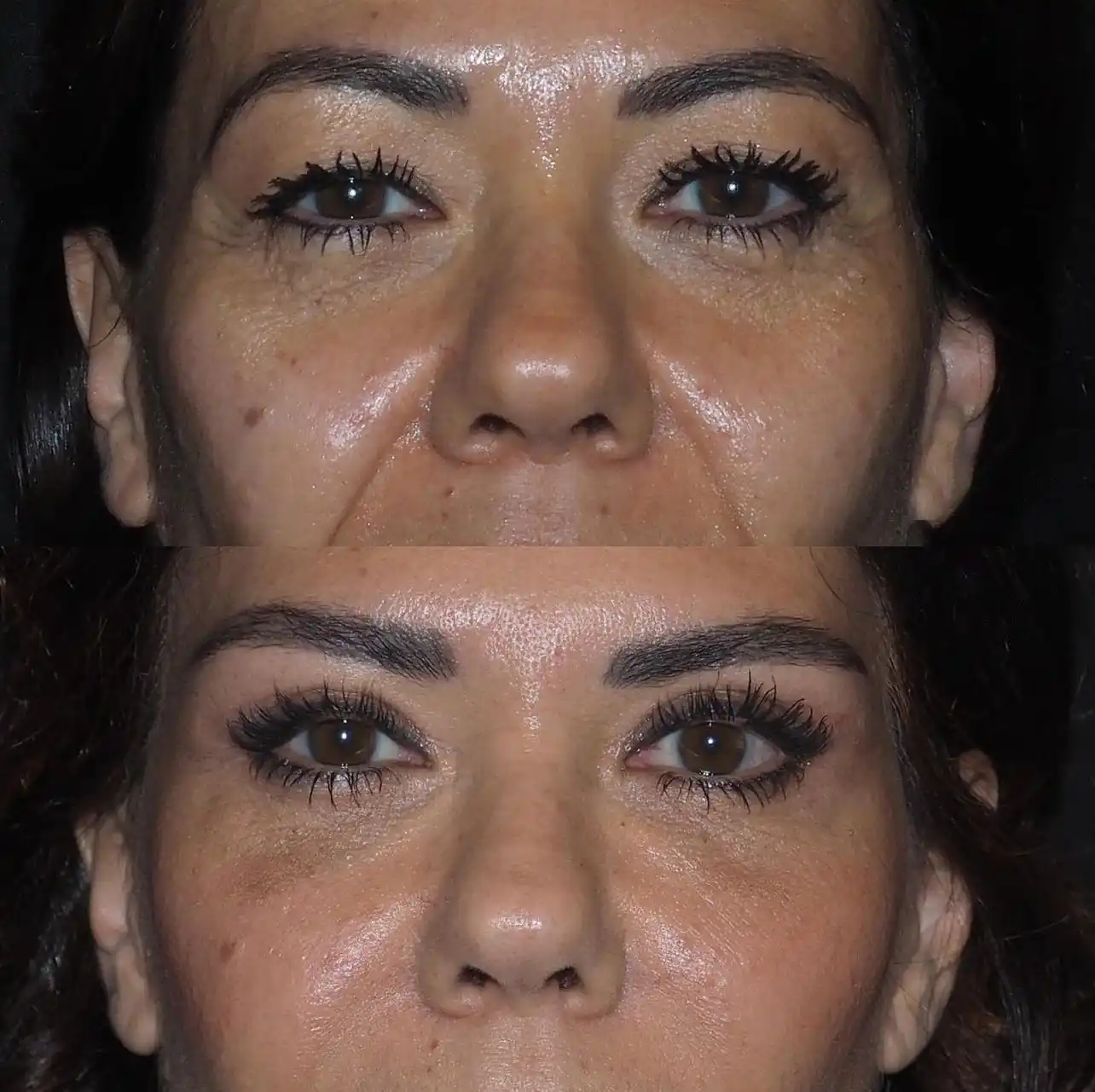Hemorrhoids are often a great problem for the elderly, with huge discomfort and frustration. Since we continue aging, our bodies may undergo a lot of changes that increase the possibilities of developing this condition. Hemorrhoid treatments for elders aim at alleviating this condition, as well as enhancing comfort through simple yet effective measures.
Addressing hemorrhoids in older adults requires special attention that considers both their unique health needs and lifestyle. From dietary adjustments to over-the-counter medications, there are various ways to manage and treat hemorrhoids.
Many of these treatments are non-invasive, offering practical ways to alleviate pain and prevent future flare-ups.
Top Non-Surgical Hemorrhoid Treatments for Seniors
Over-the-Counter Creams and Ointments
One of the easiest ways to get rid of pain from a hemorrhoid is topical creams and ointments. They often contain hydrocortisone or witch hazel, so they reduce inflammation and soothe irritation. Apply them on the affected area directly for quick relief, but be sure to follow package directions for best results.
Fiber-Rich Diet
A diet high in fiber will prevent constipation, a major cause of hemorrhoids. Foods rich in fruits, vegetables, whole grains, and legumes are all good additions to the diet as they help to soften stool and make it easier to pass. In addition, fiber helps with digestive health in general, thus relieving pressure on your body during bathroom visits.
Warm Sitz Baths
Soak in a warm sitz bath for 10-15 minutes to help ease discomfort. This simple treatment helps relax the muscles in the affected area, and can help with swelling and irritation. It’s a great way to soothe the area after a bowel movement. You can do this several times a day for relief.
Cold Compresses
Applying a cold compress or ice pack reduces swelling and numbs the region, relieving one from pain almost instantly. Apply the compress to the region of the hemorrhoid for 10-15 minutes. Wrap it in a clean cloth so as to avoid direct contact of the ice with your skin.
Increased Water Intake
Staying hydrated is key to maintaining regular bowel movements. Drinking plenty of water helps soften stool and prevents constipation. Aim for at least 8 glasses a day to support your digestive health and keep your system functioning smoothly.
Proper Bathroom Habits
Avoid straining or sitting on the toilet for extended periods. Both actions can worsen hemorrhoids. Try to go to the bathroom as soon as you feel the urge. Using a footstool to raise your legs slightly while sitting can also help ease pressure on the lower body.
Prescription Options for Chronic Hemorrhoids in Older Adults
Topical Steroid Creams
Steroid creams can be prescribed to minimize the inflammation and pain in hemorrhoids. These are stronger than the over-the-counter products and may be even more effective at managing chronic conditions of hemorrhoids. Use it only as directed by your doctor to avoid side effects such as thinning skin.
Oral Medications
Such persistent pain or swelling may require your doctor to prescribe oral medication. Oral drugs help reduce inflammation and increase blood flow to the affected site. In extreme cases, your physician may add corticosteroids or painkillers for severe hemorrhoids.
Suppositories
Prescription suppositories are another option. These are inserted into the rectum to deliver medication directly to the affected area. Suppositories can reduce pain, swelling, and discomfort more effectively for some people compared to creams or oral medications.
Sclerotherapy
In cases of larger or more painful hemorrhoids, sclerotherapy might be an option. This procedure involves injecting a chemical solution into the hemorrhoid to shrink it. It’s a minimally invasive treatment that can provide long-term relief.
Rubber Band Ligation
For larger hemorrhoids that don’t respond to other treatments, rubber band ligation may be recommended. A small rubber band is placed around the base of the hemorrhoid, cutting off blood flow. This causes the hemorrhoid to shrink and eventually fall off.
Effective Lifestyle Changes to Prevent Hemorrhoid Recurrence
Increase Fiber Intake
Eating more fiber helps keep stools soft and easy to pass. Include more fruits, vegetables, whole grains, and legumes in your diet. Fiber also promotes regular bowel movements and reduces strain during bathroom visits, which can prevent hemorrhoid flare-ups.
Stay Active
Regular physical activity improves circulation and promotes healthy bowel movements. Aim for at least 30 minutes of moderate exercise most days of the week. Walking, swimming, or yoga can keep your digestive system working smoothly and prevent constipation.
Drink Plenty of Water
Drinking enough water is essential for softening stool. Try to drink at least 8 glasses of water a day to stay hydrated. Proper hydration supports healthy digestion and can help avoid the strain that worsens hemorrhoids.
Avoid Prolonged Sitting or Standing
Sitting or standing for long periods increases pressure on the veins in the rectal area. Take short breaks throughout the day to move around and shift positions. If sitting for extended periods is necessary, use a cushion or pillow to reduce pressure.
Practice Healthy Bathroom Habits
Don’t wait too long to use the bathroom when you feel the urge. Holding it in can cause constipation and worsen hemorrhoids. Avoid straining during bowel movements, and try to keep your bathroom visits brief. You can also elevate your feet slightly with a stool while sitting to help reduce pressure on the area.
Maintain a Healthy Weight
Excess weight puts extra pressure on the lower body, contributing to hemorrhoid development. Maintaining a healthy weight through a balanced diet and exercise can reduce this pressure and lower the risk of recurrence.
Minimally Invasive Procedures for Severe Hemorrhoids in Seniors
For seniors dealing with severe hemorrhoids that don’t improve with conservative treatments, minimally invasive procedures can provide effective relief. One common option is rubber band ligation. During this procedure, a small rubber band is placed around the base of the hemorrhoid, cutting off blood supply and causing it to shrink and eventually fall off.
This procedure is quick, minimally painful, and requires no incisions, making it a good choice for older adults. Another option is sclerotherapy, where a chemical solution is injected into the hemorrhoid to shrink it. This treatment also doesn’t require surgery and is typically well-tolerated.
For larger hemorrhoids or those causing significant discomfort, infrared coagulation (IRC) may be recommended. This procedure uses heat to shrink the hemorrhoid tissue. All these treatments are effective, minimally invasive, and often have a faster recovery time than traditional surgery, allowing seniors to return to their daily activities with less discomfort.
Key Takeaway
In addressing hemorrhoid treatments for elders, a combination of effective approaches offers relief and comfort. Non-surgical treatments, such as warm sitz baths and over-the-counter creams, provide quick, easy-to-access solutions for mild symptoms.
For chronic or severe cases, prescription options can help manage pain and inflammation more effectively. Lifestyle changes like adding fiber, staying active, and maintaining healthy bathroom habits help reduce recurrence and keep symptoms in check.
For more advanced hemorrhoids, minimally invasive procedures like rubber band ligation, sclerotherapy, and infrared coagulation offer relief without the need for extensive recovery.
These combined approaches will help seniors find lasting comfort and better manage their symptoms, making hemorrhoid treatments for elders practical and supportive.




